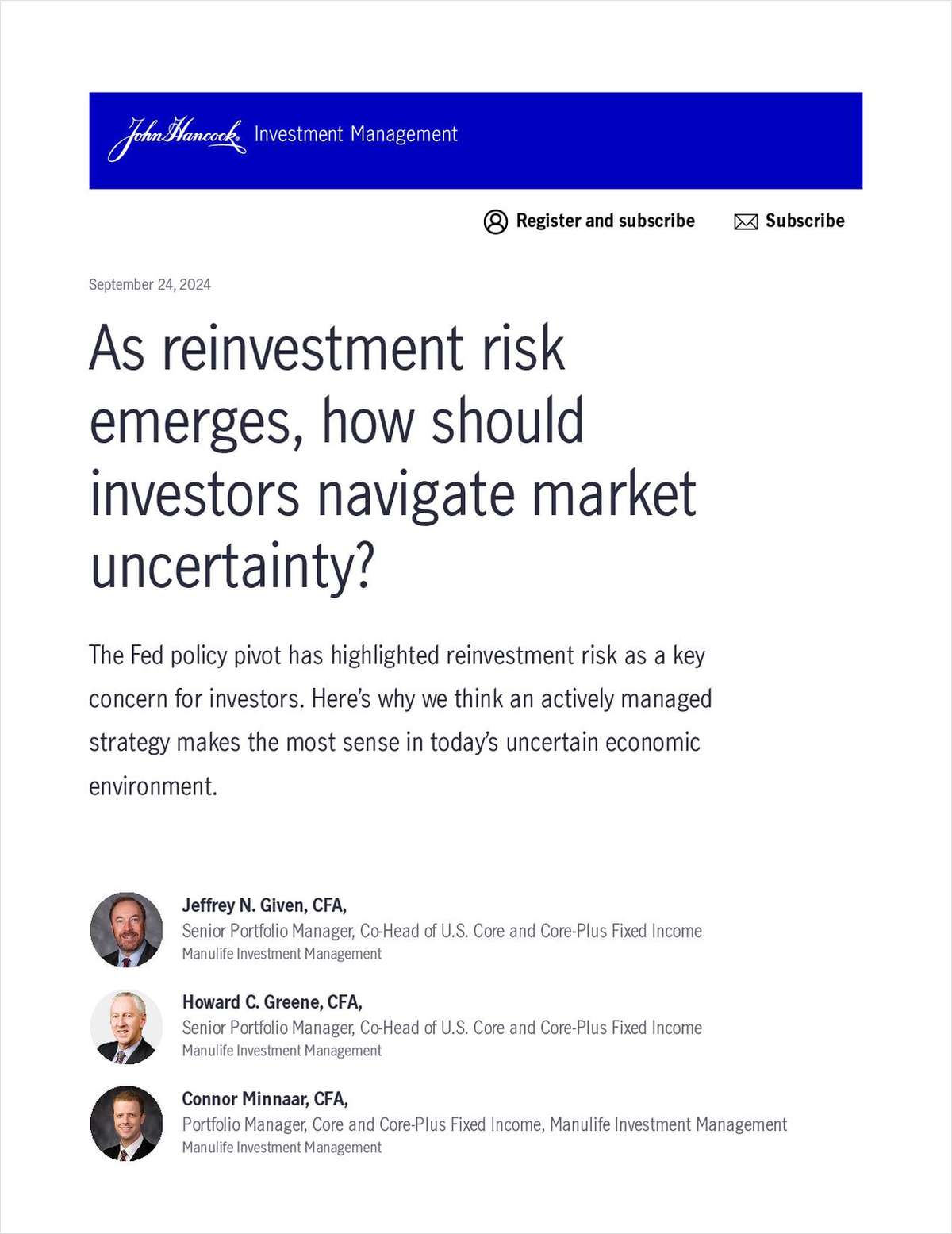The Congressional Budget Office says even low-end health coverage would still be expensive if the House health bill worked as expected, and that repealing health insurers' "antitrust exemption" would do little to cut costs.
CBO analysts have come to those conclusions in reports generated at the request of the lawmakers who are reviewing H.R. 3962, the Affordable Health Care for America Act bill.
In one report, the analysts answer a question from House Ways and Means Chairman Charles Rangel, D-N.Y., about what enrollees would pay for coverage if they bought a "relatively low cost plan" through the new health insurance exchange system that H.R. 3962 would set up.
The House bill would provide subsidies for eligible individuals and families earning less than 400% of the federal poverty level, and the bill would adjust the eligibility levels for inflation.
For taxpayers who earn more than 400% of the FPL and are not eligible for subsidies, the cost of coverage would be high in a post-H.R. 3962 world.
Individuals earning $50,100 per year, for example, or 425% of the FPL, would pay about $5,300 per year in premiums, and they would be responsible for an average of $2,000 per year in deductibles, co-payments and other "cost sharing," according to CBO estimates.
A family of four earning 425% of the FPL — $102,100 per year – could expect to pay $15,000 per year for coverage and take responsibility for an average of $5,500 per year in cost-sharing, the CBO estimates.
But House leaders contend that the full, unsubsidized cost of the coverage is lower than it would be if the country fails to implement a health reform bill.



